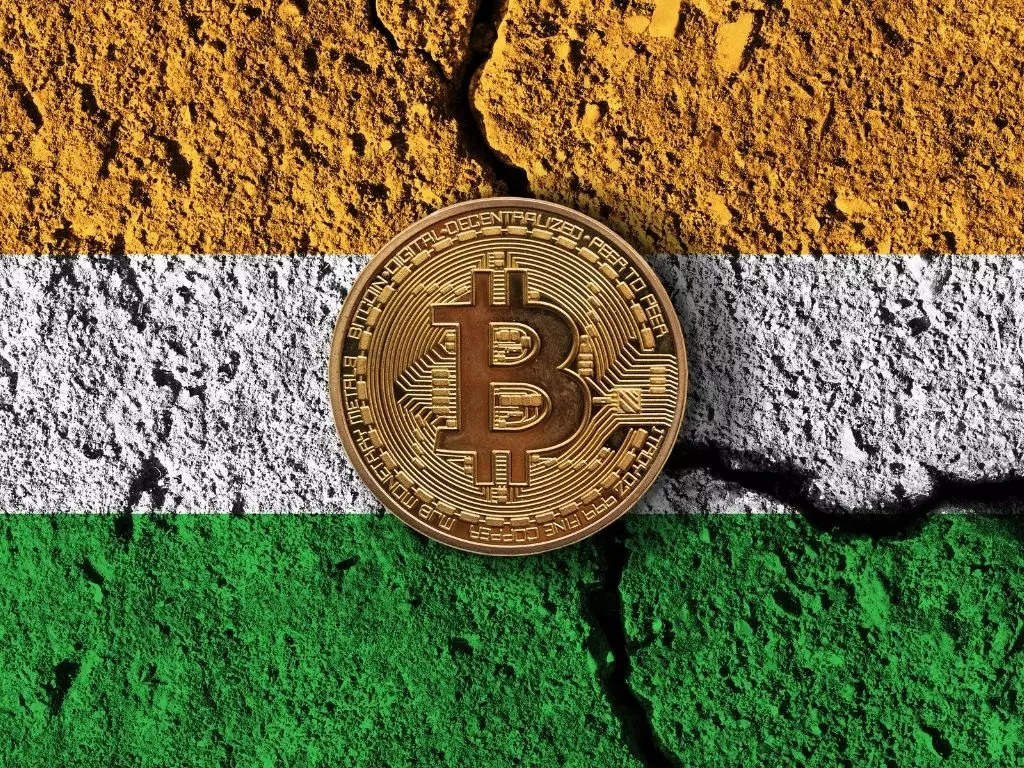
- The Indian government is reportedly going to introduce a new bill to regulate cryptocurrencies in the country come February.
- The original draft, shared earlier this year, proposed to ban all ‘private cryptocurrencies’.
- Jaideep Reddy, a technology lawyer with Nishith Desai Associates (NDA), told Business Insider that while banning cryptocurrencies is ‘technically’ possible — it’s easier said than done.
The Indian government is likely to introduce a new bill to regulate cryptocurrencies in the country during next year’s Budget Session of Parliament in February. The
draft, which was shared earlier this year, banned private cryptocurrencies and made way for the Reserve Bank of India to issue a central bank digital currency (
CBDC).
However, with the number of cryptocurrency investors growing in the country along with a burgeoning ecosystem of blockchain applications, banning cryptocurrencies altogether may not be a wise move.
“Yes, theoretically, a government can say yes to CBDCs and no to private cryptocurrencies but you have problems both from a development perspective — stifling the software ecosystem and creator ecosystem — as well as from a legal perspective, where it could be challenged that it is unconstitutional,” Jaideep Reddy, a technology lawyer with Nishith Desai Associates (NDA) specialising in the field of crypto, fintech and tech policy, told Business Insider during a webinar titled
‘The Framework: Crypto Regulation And India’.
Blockchains need cryptocurrencies to function
Earlier this year, the Indian state of Maharashtra announced its partnership with
blockchain startup LegitDoc to issue diploma certificates to fight against the persistent problem of fake degrees plaguing the country’s education system.
Even the Central Board of Secondary Education (CBSE) introduced blockchain to go paperless and make results tamper-proof.
On paper, these are blockchain technology use cases. But, behind that, it’s a public blockchain record that needs Ether — the cryptocurrency which powers the Ethereum platform — to pay the network fees for validation.
And, this is true for all blockchains. For Solana, it’s the SOL token. For Cardano, it’s the ADA cryptocurrency. And, for Ethereum, which has one of the most widely developed ecosystems, it’s Ether, as mentioned before.
“A lot of these blockchain use cases won’t work without a thriving and enabled cryptocurrency ecosystem.”
Jaideep Reddy, a technology lawyer with Nishith Desai Associates told Business Insider
The question of maintaining the integrity of the Indian constitution vis-a-vis cryptocurrencies
India already tried to ban cryptocurrencies once when the RBI issued a blanket ban in 2018. This was then later reverted with the Supreme Court stepping in to say the move was ‘unconstitutional’.
“For every problem statement, there is a regulatory solution, which doesn’t amount to a ban,” explained Reddy. This means that the Indian government would have to justify why a ban was the only way to deal with any problems arising out of cryptocurrencies.
“We have fundamental rights today to do business, to pursue various goals that an individual wants to pursue, and there can only be reasonable restrictions on that,” Reddy added. The Indian government, if issuing a blanket ban, would have to meet that test of a ‘reasonable restriction’.
SEE ALSO:
Ethereum hits a new record while Shiba Inu crashes as rest of crypto market recovers
‘Don’t ban Web3 games’ — 29 blockchain game studios and groups write an open letter to Valve to revert ban on NFT games
This news is republished from another source. You can check the original article here

Be the first to comment